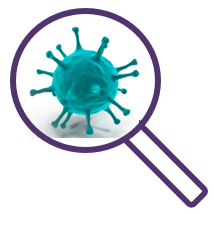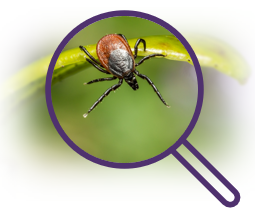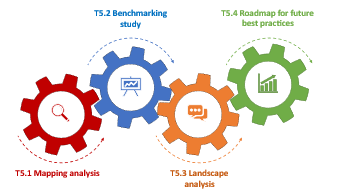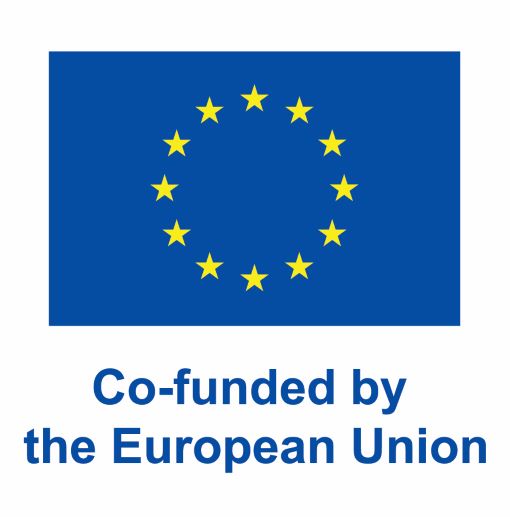The Work Packages
WP1
Work package 1 – Project Management and Coordination
The primary objective of WP1 is to establish an All-Ireland One Health network across all disciplines. To realise this and to ensure delivery of the agreed workplan for the project, WP1 supports capacity building in One Health and provides networking opportunities to facilitate collaboration and knowledge transfer between all partners.
WP1 leader: Aoife Ní Rathaille (DAFM).
WP2
Work package 2 – Building a coherent, coordinated and connected surveillance programme for animal and human Influenza viruses on the Island of Ireland
The primary objective of the WP2 team is to enhance surveillance for influenza virus on the island of Ireland. Additionally, WP2 aims to improve communication between animal and human influenza virus surveillance systems. In order to achieve their objective, WP2 are testing wild animals (such as birds, foxes, seals, badgers rodents and deer), farm animals (such as pigs and cattle) and even waste water and effluents.
The impacts of WP2 include increasing the knowledge we have of the influenza subtypes circulating in Ireland which will feed into better diagnostic approaches in human diagnostic laboratories which in turn brings benefits to human health professionals and patients. It will also ultimately allow surveillance and monitoring of different types of influenza strains and early identification of variants of concern.
WP2 leader: Laura Garza Cuartero (DAFM)
WP3
Work package WP3 – Geographical distribution and genetic identity of tickborne flaviviruses, TBEV and LIV
The objectives of WP3 include enhancing surveillance for tick borne flaviviruses on the island of Ireland and re-evaluating the status of tick-borne encephalitis virus (TBEV) in Ireland. Among the impacts of this WP are a better understanding of the potential health risks associated with tick bites, which will be of benefit to the medical profession and the general public. Additionally, the study will provide excellent baseline data for future studies on the potential importation or spread of TBEV and related tickborne viruses. Again, this will be to the benefit of medical and veterinary health care professionals, farmers, and the general public.
WP3 leader: Annetta Zintl (UCD)
WP4
Work package WP4 – Establish an integrated surveillance system for rapid pathogen Y discovery to facilitate coordination and harmonisation of surveillance process across Europe
Disease Y is a previously unseen and unknown disease of any animal species that can potentially spread among (other) animals and has severe clinical signs.
WP4 is primarily a capacity-building exercise, the primary objective of which is to develop a sustainable approach to surveillance for Disease X/Y on the island of Ireland. This will require establishing infrastructure and processes to enhance the capability for early detection and identification of a pathogen X/Y in human or animal populations in Ireland. The ultimate impact of WP4 is to maximise pandemic preparedness nationally and in Europe.
WP4 leader: Virginie Gautier (UCD)
WP5
Work package WP5 – Evaluation of surveillance systems for influenza and other priority zoonotic pathogens
Emerging zoonotic pathogens (EZPs) pose a significant threat to both human health and food security. The emergence of a novel influenza virus of animal origin is considered one of the most likely sources of the next pandemic. Effective animal surveillance systems for influenza and other priority zoonotic pathogens is a key component of pandemic preparedness at regional, national and European levels.
WP5 seeks to strengthen pandemic preparedness by evaluating data sources, key indicators, alert functions and reporting mechanisms in animal surveillance systems in Ireland. International best practice on the animal human interface for influenza and other priority emerging zoonotic pathogens will be analysed. The research conducted in WP5 will be used to make recommendations for future IT platforms linking animal and human early warning systems in Ireland.
WP5 leader: Máire Connolly (UoG)





